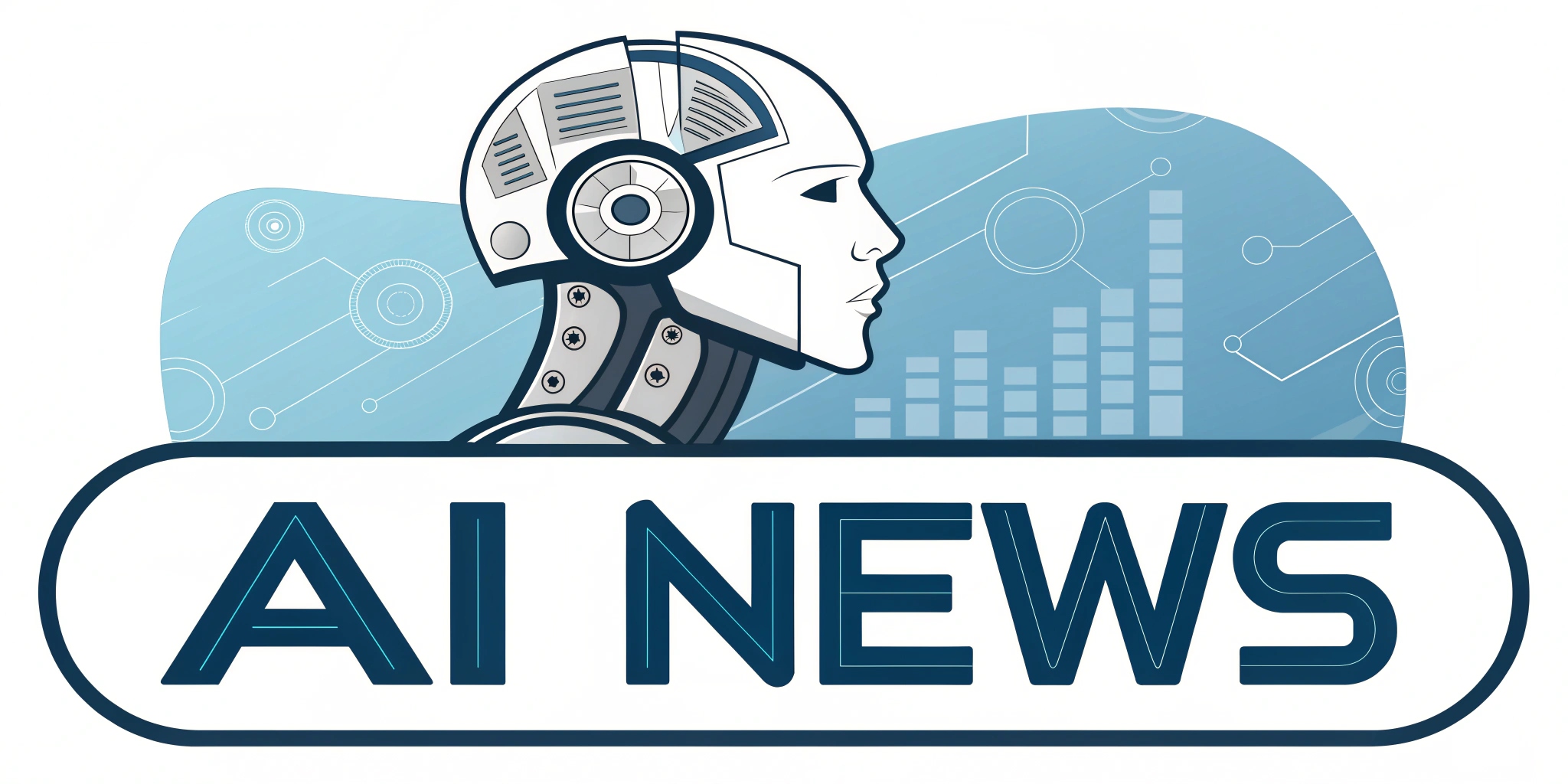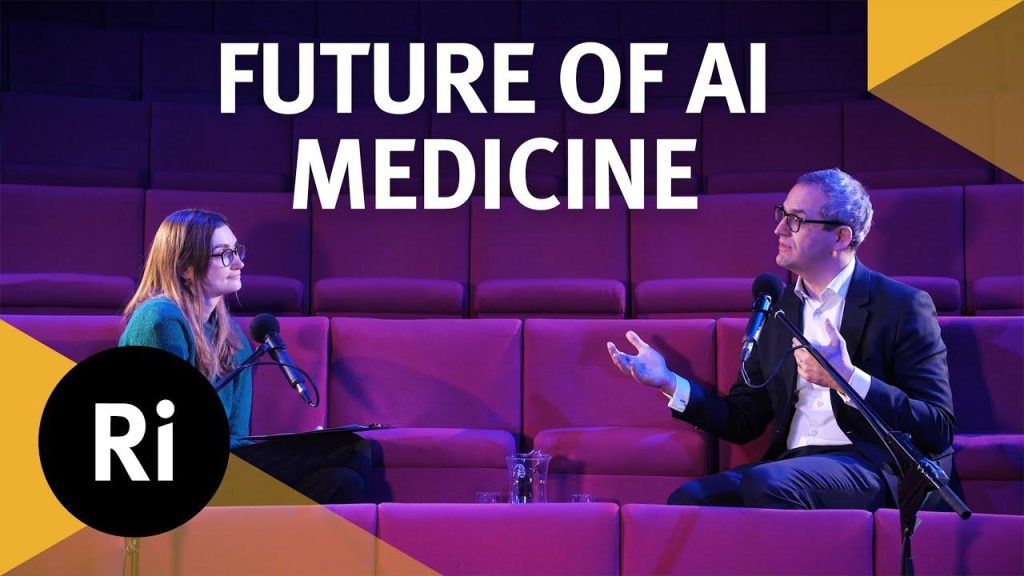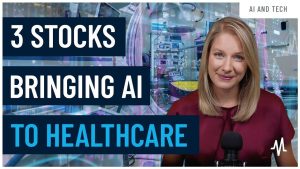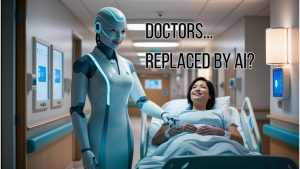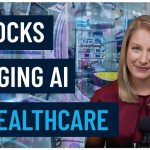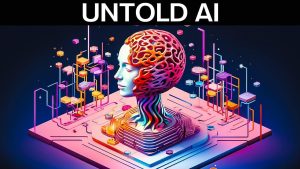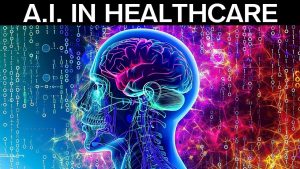Artificial intelligence is increasingly becoming a game-changer in the field of healthcare, bringing transformative potential and innovative solutions to long-standing challenges. In a recent episode of the Royal Institution Science Podcast,host Lisa sat down with Dr. James Kinross, a colorectal surgeon and lecturer at Imperial College London, to delve into the notable impact of AI on medical practices and research. Dr. Kinross, who has been awarded over £500,000 in funding from UK Research and Innovation for his AI-related projects, discussed the dual role he plays as both a practicing surgeon and a dedicated researcher. Throughout the conversation, he emphasized the importance of leveraging AI and robotics to enhance patient outcomes, streamline healthcare processes, and effectively analyze the vast amounts of data generated within the healthcare system.As the podcast explores the intersection of artificial intelligence and medicine, it highlights a critical conversation about the future of healthcare in an increasingly digital age.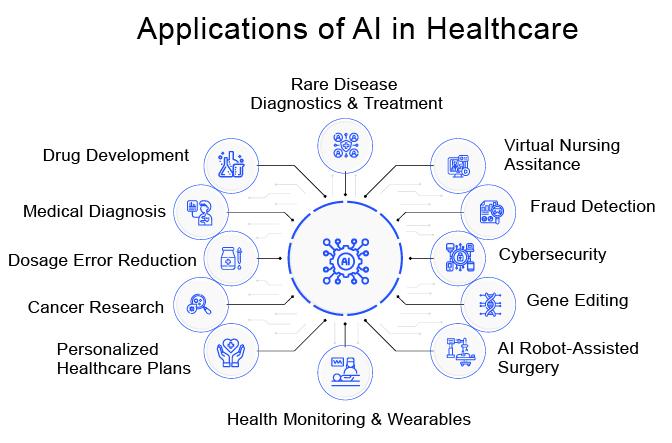
The Transformative Role of AI in Healthcare Delivery
The integration of artificial intelligence into healthcare delivery is revolutionizing how practitioners approach patient care and diagnostics. By harnessing advanced algorithms, healthcare professionals can efficiently analyze extensive datasets, leading to quicker and more accurate diagnoses. This shift allows for personalized treatment plans that cater to individual patient needs, improving overall outcomes. Moreover, AI technologies are facilitating the advancement of predictive analytics, empowering healthcare providers to foresee potential health crises and intervene before they escalate. This proactive approach is crucial in managing chronic conditions and enhancing preventive care strategies.
AI-driven tools are also enhancing the operational efficiency of healthcare facilities. Automation of routine administrative tasks, such as scheduling and billing, frees up valuable time for healthcare workers, enabling them to focus more on direct patient interaction. Additionally, AI can assist in resource allocation, ensuring that hospital staff and equipment are optimally deployed. The transition to a data-centric model not only streamlines processes but also fosters collaboration among healthcare teams, driving a collective betterment in care standards. As the dialog surrounding AI in healthcare continues, it becomes clear that the technology holds the potential to fundamentally alter the landscape of medical practice.
Enhancing Precision and Safety in Surgical Procedures
Advancements in artificial intelligence are making significant strides in improving the precision of surgical procedures.By utilizing machine learning algorithms, surgeons can access real-time data analytics that enhance their decision-making capabilities during operations. AI can provide support in various forms, such as image recognition which helps in identifying critical anatomical structures and risk assessment models that analyze patient history for potential complications. This level of precision not only minimizes the risk of errors during surgeries but also helps in tailoring individual surgical strategies that align with the specific conditions of each patient.
Furthermore, the incorporation of robotic-assisted surgical systems, powered by smart algorithms, is augmenting the capabilities of surgeons. These systems allow for a higher degree of accuracy in movements, considerably reducing trauma to surrounding tissues and leading to faster recovery times for patients. Benefits of these technologies include
- Enhanced visibility through high-definition imaging
- Real-time feedback during procedures
- Improved dexterity in minimally invasive surgeries
As healthcare continues to evolve,the integration of AI in surgical practices promises to set new benchmarks in patient safety and surgical outcomes,highlighting how technology can support and elevate the surgical profession.
Harnessing Big Data: AI’s Promise in Medical Research
AI’s ability to process and analyze large datasets offers unprecedented opportunities for medical research. By scrutinizing vast amounts of health-related facts, researchers can identify trends that would otherwise go unnoticed. This capability enhances not only the efficacy of clinical trials but also expedites the discovery of new treatments, ensuring that patients have access to groundbreaking therapies more quickly. Significant advancements in genomics and personalized medicine are also emerging from these data-driven insights, allowing for tailored interventions that align closely with individual genetic profiles. For instance, leveraging AI in cancer research has enabled scientists to pinpoint specific mutations responsible for tumor growth, paving the way for targeted therapies that can dramatically improve treatment success rates.
Furthermore, the integration of AI analytics facilitates a collaborative environment among researchers, doctors, and data scientists. This synergy can lead to the formation of interdisciplinary teams that are adept at addressing complex health issues from multiple angles. The submission of AI in real-world health settings can enrich epidemiological studies, offering dynamic models that predict disease outbreaks and track public health trends. By incorporating machine learning into healthcare research, we are not only revolutionizing our understanding of diseases but also creating systems that proactively respond to health crises, ultimately ushering in a new era of medical vigilance and innovation.
Recommendations for Successful AI Integration in Healthcare Systems
For a seamless transition to AI-enabled systems within healthcare, organizations should prioritize robust training programs for all staff members. Ensuring that clinicians and administrative personnel understand AI tools will maximize their utility and drive widespread adoption. Additionally, fostering an environment that encourages continuous learning and adaptation will enable practitioners to navigate the rapidly evolving technological landscape. Key strategies might include:
- Conducting hands-on workshops and simulation training.
- Establishing mentorship programs to support skill enhancement.
- Creating accessible online resources that outline best practices.
Moreover,fostering strong collaborations between tech developers and healthcare professionals will be crucial for identifying specific needs and tailoring solutions appropriately. Stakeholders must engage in open dialogues to align technological advancements with clinical requirements, ultimately enhancing patient care. Implementing patient feedback mechanisms can also play a pivotal role in refining AI applications. Additional actions may include:
- Forming interdisciplinary teams to tackle real-world health challenges.
- Investing in pilot programs to evaluate AI initiatives before widespread implementation.
- Regularly reviewing and updating AI protocols to incorporate new research findings.
